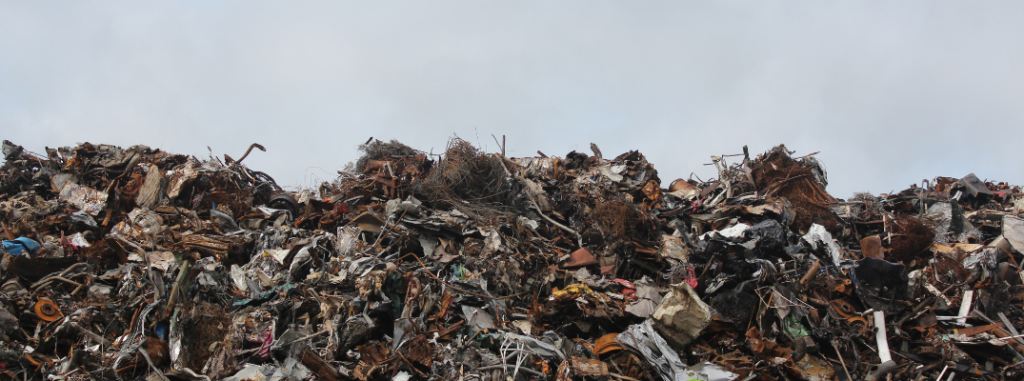The industry has also worked to avoid sending more material than necessary to landfills.
“A 10-acre facility on Limoneira property receives over 200 tons a day of organic green waste that would otherwise be transported to landfills,” said John Chamberlain, director of marketing for the Santa Paula, Calif.-based company. “The end product produced at this facility helps us and other growers to significantly reduce the use of water, herbicides, and fertilizers.”
Wenatchee, Wash.-based Stemilt Growers also creates fertilizer from green waste and looks to extend the life of other products as well.
“We find that reusing is just as important as recycling and have a full-time recycling manager who finds new homes for reused parts and equipment (either at Stemilt, or sells to other companies), as well as manages the recycling of various materials,” said Brianna Shales, communications manager for Stemilt. “We send all of our green waste (culled fruit, pallets, leaves, etc.) to the Stemilt Compost Farm, where it is regenerated into natural fertilizer for our orchards rather than being added to a landfill.”
Especially in California, where drought has been an issue in recent years, companies are also cognizant to avoid wasting water.
“100% of our berries are grown using drip irrigation, which is very water-efficient compared to many other crops,” said Cindy Jewell, vice president of marketing for Watsonville-based California Giant Berry Farms.

